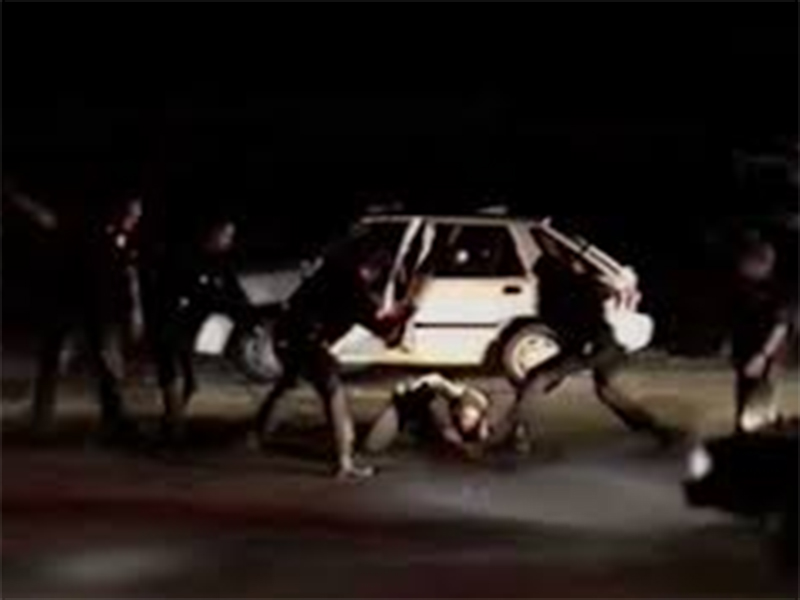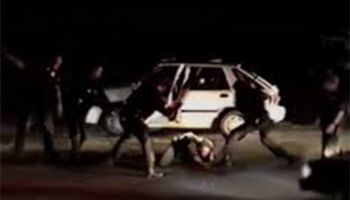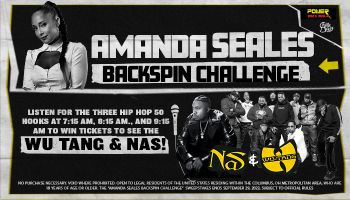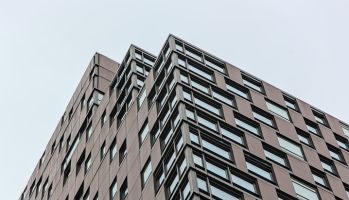
Source: Twitter
Wednesday marks 30 years since motorist Rodney King was beaten nearly to death in the infamous instance of police brutality. The anniversary drew attention to how the culture of police brutality in Los Angeles, in particular, has seemingly gone unchecked in the decades since King’s beating, as evidenced by an unfortunate and telling series of comparable events involving cops in the area.
The horrific footage of King on his hands and knees being relentlessly beaten by multiple California Highway Patrol officers may very well be the first-ever viral video of police brutality, but, as we all know, it was far from the last. In the years since the beating, an untold number of videos similarly recorded by bystanders have shown everything from police intimidation to assault to actual killings.
But that’s not the only thing they have in common with King’s case.
Many times, despite the same type of overwhelming video evidence from King’s police encounter, the officers accused of said brutality are able to successfully claim they feared for their lives and acted out of self-defense.
It is precisely that absence of legal accountability that has allowed instances of police brutality to remain thriving in Los Angeles.
Case and point: Dijon Kizzee, an 18-year-old Black male, was shot and killed last September after officers stopped him while riding a bike for what was being described as a “bicycle code violation.”
The Los Angeles Sheriff’s Department said Kizzee was carrying an armful of clothes but that he dropped them before he fled, revealing a gun among the apparent laundry. It was unclear if riding a bike while carrying the clothes was the purported violation Kizzee was stopped for, but one witness said he posed no threat to the officers.
In December, cops with the same department Tasered a Black man who approached the deputies asking for help.
And in June, dozens of Los Angeles Police Department (LAPD) officers were being investigated for “misconduct” against Black Lives Matter protesters, including excessive force that the Los Angeles Times described as “officers swinging at people with batons and firing foam rounds.”
The Guardian described the spate of police violence as a “reign of terror.”
Local news outlet LAist published data showing area police use force on Black residents at “dramatically higher rates” compared to their share of the population. That included statistics showing 27% of police excessive force instances were directed at Black people, which only make up 8% of Los Angeles County’s population.
Beyond physical police brutality, officers in the Los Angeles area have been accused of decidedly anit-Black behavior, including in August when two Black teens in Los Angeles County were held at gunpoint by officers responding to their calls for help despite witnesses telling the officers they were innocent.
Not to be outdone, a group of LAPD officers mocked George Floyd‘s infamous police killing by making a crude joke about it by sharing an image of the unarmed Black man pinned down by Derek Chauvin‘s knee on his neck in Minneapolis last Memorial Day. The image was accompanied by the message, “You take my breath away,” and was reportedly in a “valentine format” days ahead of the annual holiday of love.
On March 3, 1991, King and two passengers were driving west on I-210 when he was ordered by California Highway Patrol officers to stop. After leading the officers on a high-speed chase, King stopped the vehicle and was the last to exit. As officers reportedly attempted to subdue King, they beat him. The entire act was caught on videotape by a nearby resident.
The mostly White jury could not determine if the officers acted excessively, especially since a small clip of the video was allowable in court. On the seventh day of deliberation, the jury acquitted three of the four accused officers after not being able to determine the fate of the fourth, prompting the “Los Angeles Riots” to begin in April 1992.
This is America.
SEE ALSO:
5 Little Known Facts About Rodney King
30 Years After Rodney King Beating, Culture Of Police Brutality Thriving In Los Angeles was originally published on newsone.com















